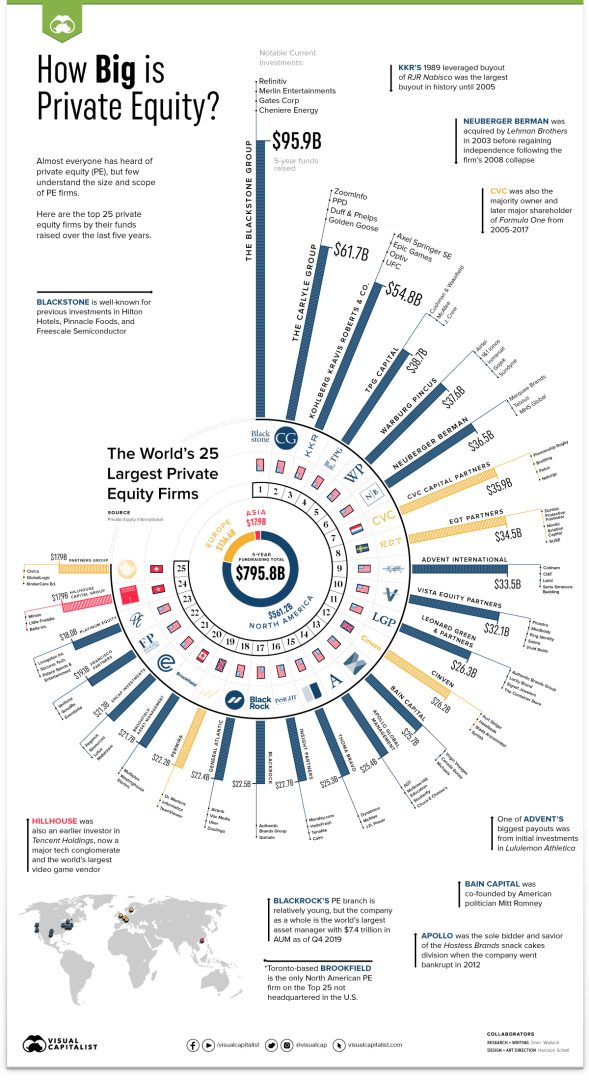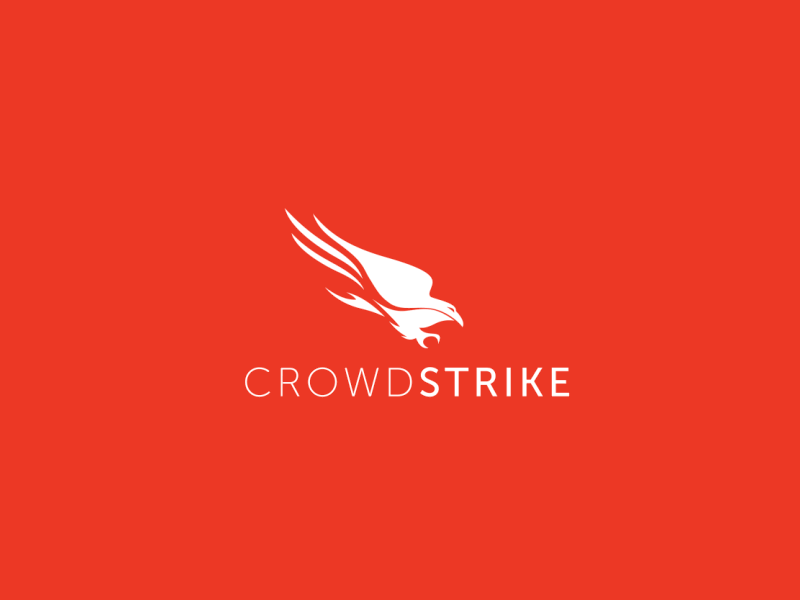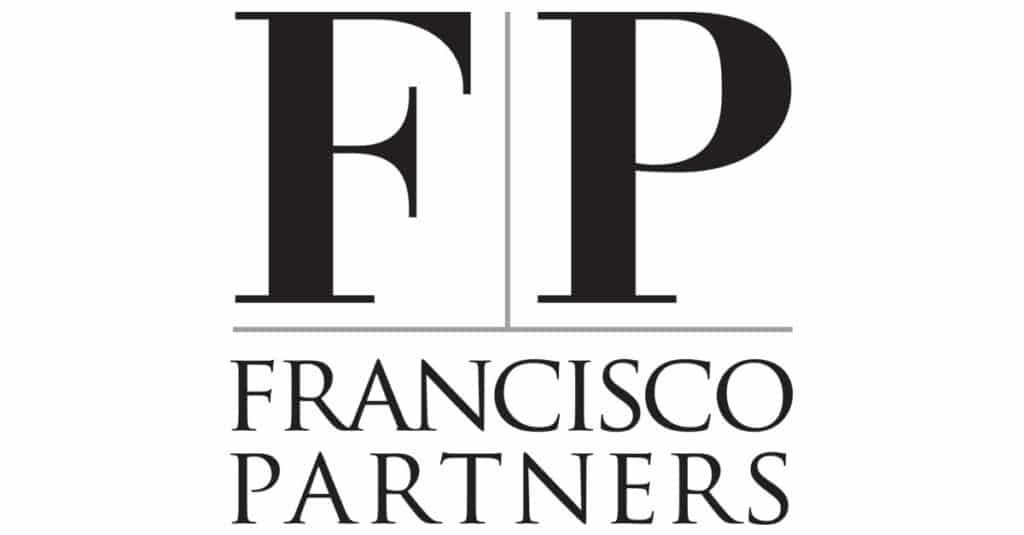
Private Investments, Public Harm
In a joint report – “Private Investments, Public Harm: How the Opacity of the Massive U.S. Private Investment Industry Fuels Corruption and Threatens National Security” – the FACT Coalition, Global Financial Integrity, and Transparency International’s US Office explore a gaping hole in the U.S. anti-money laundering framework that undermines U.S. national security, jeopardizes the world’s democracies, and touches the lives of ordinary Americans.
This report comes not long after the Pandora Papers have again exposed how U.S. financial secrecy makes the country a magnet for the world’s illicit finance. The U.S. private investment industry, unfortunately, offers a perfect confluence of factors that make it an ideal place to hide and launder the proceeds of corrupt and criminal activity.
The 147 Companies That Control Everything
FBI concerned over laundering risks in private equity, hedge funds
Warburg Pincus
Warburg Pincus, a powerhouse in the private equity world, has left its indelible mark on the ever-evolving technology landscape. In 1999, they orchestrated a brilliant coup, birthing Neustar, Inc. from the ashes of Lockheed Martin's divestiture, known as Communications Industry Services (CIS). Neustar's emergence coincided with the seismic shift triggered by the Telecommunications Act of 1996, forever altering the telecommunications landscape.
Fast forward to 2011, Warburg Pincus once again flexed its financial muscle, this time providing the pivotal seed capital that propelled Crowdstrike Holdings into the cybersecurity stratosphere. Crowdstrike, infamous for attributing the DNC hack to Russia during SpyGate et. al., became the poster child for the ever-growing cyber warfare arena, thanks in no small part to Warburg Pincus' strategic support.
Warburg also orchestrated a transfer of Telcordia Technologies from SAIC into the capable hands of Ericsson. In doing so, they further solidified their role as the puppet master pulling the strings in the tech industry.
Francisco Partners
Francisco Partners, a notable player in private equity, orchestrated a noteworthy move in the cybersecurity realm. With support from European private equity firm Novalpina Capital, they previously acquired and sold NSO Group, known for its Pegasus spyware, renowned for remote zero-click smartphone surveillance. Simultaneously, they secured a 16.7% stake in iconectiv, a telecom services supplier with a storied history dating back to the Bell System breakup in 1983, previously known as Bellcore and later Telcordia Technologies. Francisco Partners' strategic maneuvers continue to add zest to the tech industry landscape, leaving us eager for their next bold move.
Going Private (Equity): A New Challenge To Transparency In The Arms Industry
Abstract: The global arms industry has historically been a highly regulated and opaque sector, with governments and arms companies tightly controlling the flow of information about weapons systems and military technology. However, a new challenge to transparency in the arms industry is emerging: the growing involvement of private equity firms in the sector. This paper starts by focusing on the impact of the activity of private equities in the US, the country with the most significant presence in the SIPRI Top 100 Arms-producing and Military Services Companies along with the greatest presence of private equity firms.
THE MOST POWERFUL COMPANY IN THE WORLD
BlackRock is undoubtedly one of the most powerful companies in the world, with a significant impact on the global economy and financial markets. While it has achieved great success and has been recognized for its achievements, it is also important to consider the potential risks and challenges associated with its growing influence and power.











